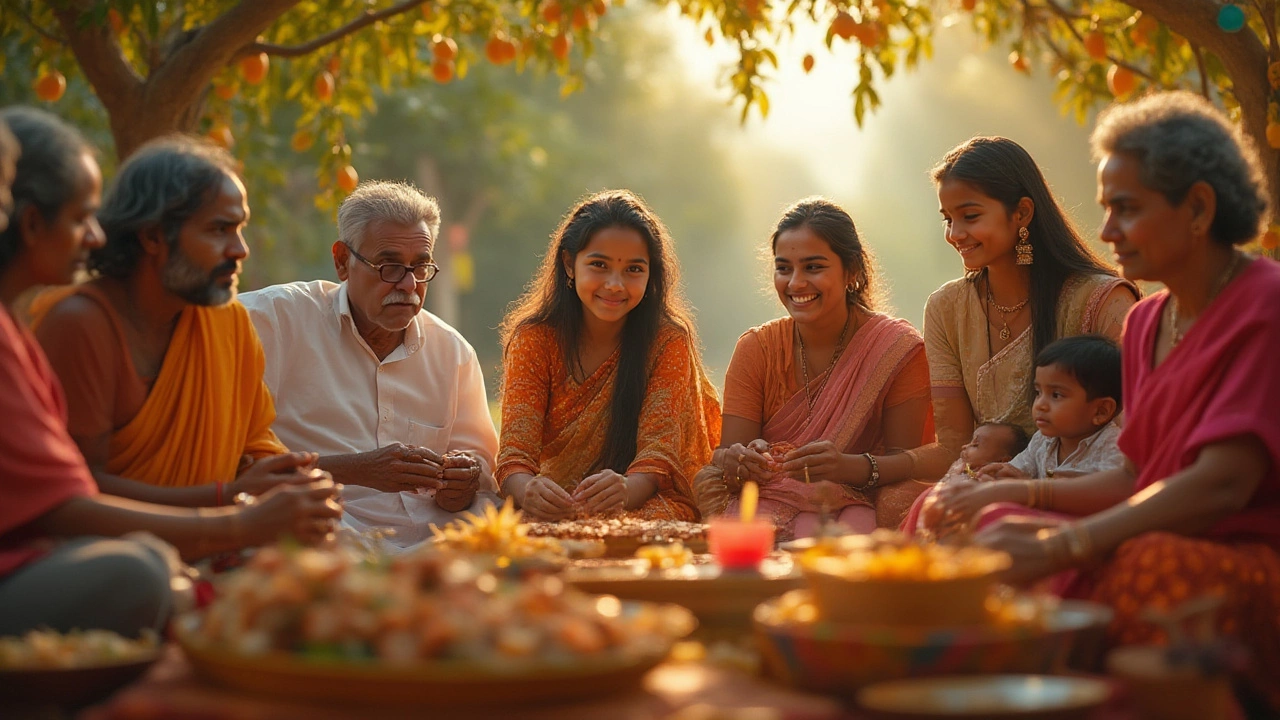Difference Between Ethnicity and Nationality: What Sets Them Apart
When you hear someone say they’re Indian, are they talking about their nationality, the legal bond between a person and a country, usually based on birth or citizenship. Also known as citizenship, it’s what shows up on your passport and determines which embassy you call in an emergency. Or are they describing their ethnicity, a shared cultural identity rooted in language, religion, food, traditions, and ancestry. Also known as cultural group, it’s what makes a Punjabi wedding different from a Tamil one, even if both people hold Indian nationality. These two terms get mixed up all the time—but they’re not the same, and understanding the difference changes how you see people, places, and even your own travels.
Think of nationality like a stamp on your passport. It’s official. It’s political. It’s the country that protects you abroad. Ethnicity is the story behind the stamp. It’s the food your grandma cooked, the festival you grew up with, the dialect you spoke at home. Someone can be an Indian national by law but ethnically Bihari, Kashmiri, or Mizo. You can even have multiple ethnic identities but only one nationality at a time. That’s why you’ll see travelers from the same country—say, India—having wildly different experiences on the road. A Gujarati tourist in Varanasi might feel more at home with the temple rituals than a Malayali traveler who’s never eaten jalebi. That’s ethnicity at work. Nationality just says they’re both Indian. It doesn’t tell you what they eat, how they pray, or what music they dance to.
That’s why posts here don’t just talk about destinations—they dig into the people behind them. You’ll find guides on temple tours that explain why certain rituals vary by region, not just by country. You’ll see comparisons between North and South India that aren’t just about weather or prices—they’re about cultural roots. Even posts about food, safety, or festivals are really about how ethnicity shapes what you experience, while nationality just tells you where you’re allowed to go. This isn’t just academic. If you’re planning a trip to Punjab, knowing the difference helps you understand why locals might be proud of their Sikh heritage, not just their Indian passport. If you’re visiting Goa, you’ll see why the hippie culture there isn’t about nationality—it’s about a global ethnic identity that chose Goa as its home. These aren’t small details. They’re the reason some travelers feel connected, and others feel lost.
What you’ll find below isn’t a list of generic travel tips. It’s a collection of real stories, comparisons, and insights that show how ethnicity and nationality shape every part of travel in India—from the streets of Mumbai to the temples of Bihar. You’ll learn why the most eaten food in India isn’t the same everywhere, why Kumbh Mela draws millions from every ethnic group, and why a passport won’t tell you who you’ll meet on the road. This is travel with context. Not just where to go—but why it matters.
Indian Ethnicity vs. Nationality: What Does 'Indian' Really Mean?
Unlock the real meaning behind 'Indian'—is it about ancestry, citizenship, or both? Get clear answers with real-life stories, examples, and facts in this in-depth guide.
Read more